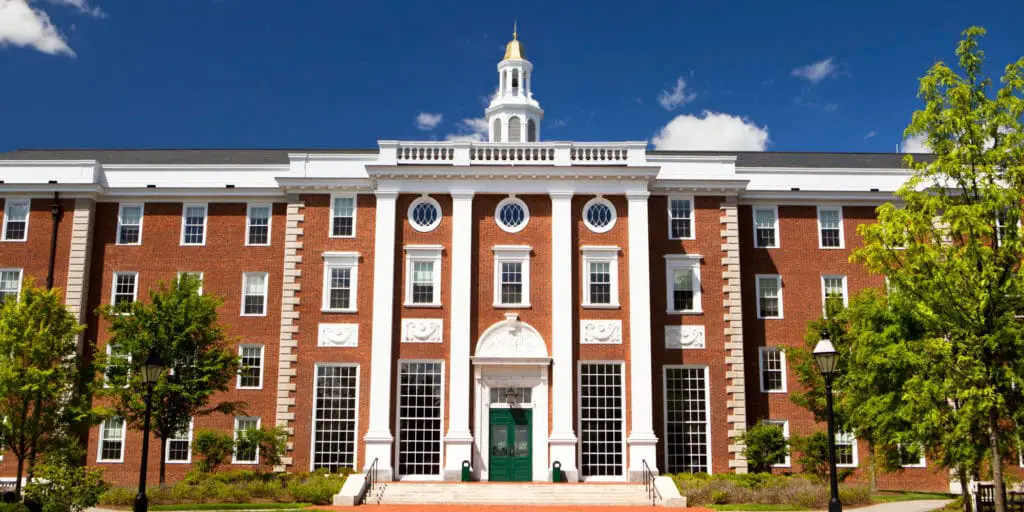Despite a spike in coronavirus numbers nationwide, Harvard University has announced that it will welcome students on campus for the spring semester.
Last month, the university announced after a successful fall semester, it was planning to expand the number of undergraduates living on campus — 3,100 to be precise.
In a follow-up email to the December announcement, Dean Rakesh Khurana wrote this week that the university will “move forward with the residential plans for spring 2021.”
Even though nearly half of the undergraduate student population has been invited to return to campus for the new semester, Khurana said the number of students living on campus would not increase very much over the fall.
Since June 2020, 547 students and 376 faculty members have tested positive for COVID, per Harvard’s official testing dashboard.
Khurana has emphasized the changing nature of the pandemic, explaining that the university would adapt its plans due to health concerns if required. He assured that administrators would be directly “in touch with students who would be moving back to campus.”
Dean of the Faculty of Arts and Sciences Claudine Gay said in an interview Friday that Harvard affiliates’ adherence to health protocols thus far “bodes well” for welcoming “potentially even more students” back to campus in the spring. https://t.co/NXaBbiw0hg
— The Harvard Crimson (@thecrimson) October 13, 2020
Preparing for Spring 2021
Harvard now joins a growing list of educational institutions inviting undergraduates to live on campus after being largely virtual in the fall.
Some universities, including Penn State and Syracuse, are preparing for another virtual semester in 2021. However, similar to Harvard, institutions such as Georgetown, Princeton, and the University of Florida are preparing to move forward with spring semester plans on campus while continuing instruction online.
Princeton President Christopher Eisgruber is confident that by “adhering to public health guidance about masking, social distancing, and other practices, the university can welcome a far greater number of students back.”
Others are trying to navigate the uncertainties using a blended approach. For example, the University of Colorado, Boulder will start its spring semester fully online but will follow up with a mix of in-person, remote, and hybrid courses in future months.



